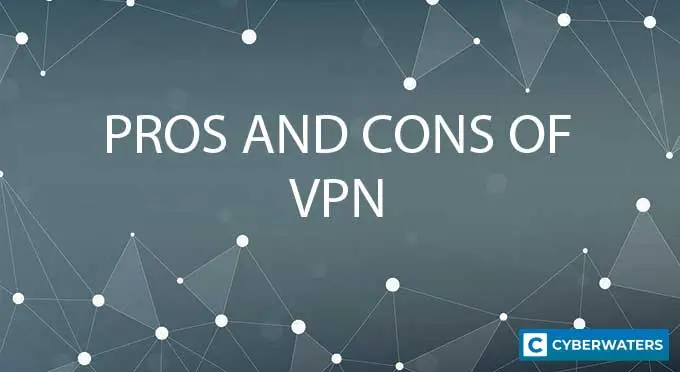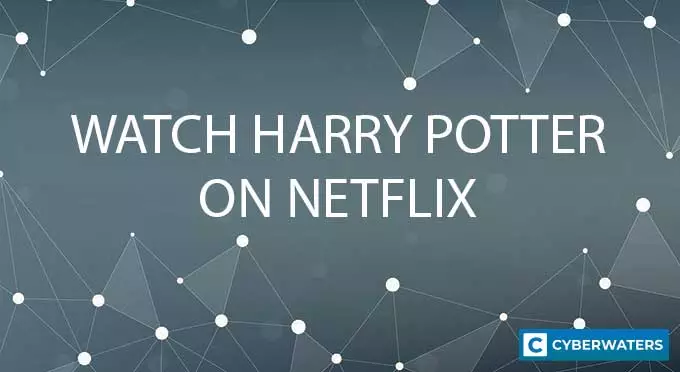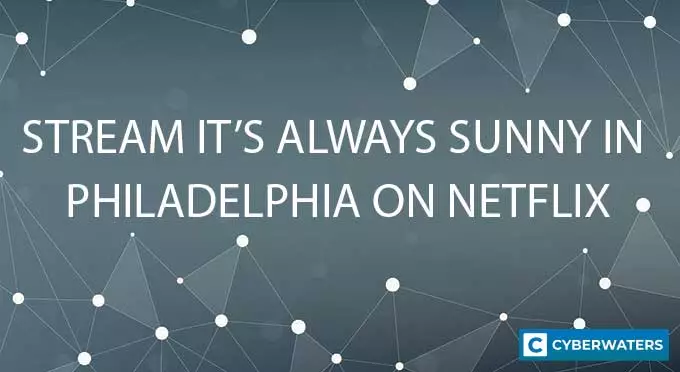Pros and Cons of VPNs for Personal Use

Everyone keeps saying that you need a VPN but no one tells you why. The pros and cons of a VPN are often sidestepped. Still, you know that a VPN protects your privacy online. You know that it helps you unblock streaming sites and bypass censorship. You also know that it’s a tool to torrent responsibly.
But is that all? Is paying nearly $10 a month on a VPN worth it? Are there any advantages of a VPN that you might be missing? How can you optimize your VPN usage to justify the price you pay?
Find answers to all your questions in this article on the pros and cons of VPNs.
VPN Pros and Cons (Comparison Table)
As you can see below, the advantages of a VPN outweigh the downsides. This is enough evidence to know that a VPN is the easiest way to stay safe online.
- Secures your personal and financial data
- Protects privacy and hides web activities
- Changes your web location to any country
- Helps access geo-blocked content
- Helps enjoy the free web without restrictions
- Hides your online activities
- Is an additional expense
- Tends to slow down your internet speed
- Operates in an unregulated market
- Too many options available
- Is prone to IP blacklisting
To get into the details of each of these merits and demerits, keep reading.
Test Your VPN Knowledge – Take A Quiz!
Advantages of a VPN
Here’s a list of the top advantages of using a virtual private network (VPN).
1. VPN secures your personal and financial data
When you surf the web, some of your data is also recorded as it passes through different channels. These include your IP address, browser details, and system data. All of these can be accessed by interceptors such as your ISP, law enforcement agencies, or even hackers. They can use this data against you, especially if it involves financial data and personally identifiable information (PII). The risks are higher when you surf using public networks such as those found in coffee shops and hotels.
Without a VPN, browsing the web is risky even if you are not doing anything questionable. On the other hand, a good-quality VPN encrypts your connection and hides your web activities. This acts as an additional layer of security for you and all your data.
2. VPNs protect your privacy and hide you online
When you use a VPN, your IP address is switched with another one, often from another country. This hides you and your actions when surfing the web or downloading files. In other words, a VPN disengages you from your online activities. It becomes harder for your ISP or a surveillance agency to track your activities.
Ever wondered how you often get a lot of targeted advertising via SMSes and emails? One reason could be unlawful data sharing between your ISP and third-party providers. With a VPN, you can avoid this completely. You can enjoy private surfing without worrying about others knowing what website you visit or what movie you stream.
3. Change your web location with a VPN
This is the most common reason why a VPN is used by home users today. Using a VPN, you can change your IP address or web location and replace it with another one. This can be for anything from hiding your IP address to accessing international content. Even when booking a flight or a hotel, a switched IP address will give you a better deal.
If you are like us who engages in torrenting or global streaming, it’s best to hide your tracks. With a VPN, you can switch between multiple IP addresses from around the world.
4. VPNs help unblock regional restrictions
This VPN advantage involves changing your IP address to unblock content across websites. With a VPN, you can stream Netflix UK from the United States or watch a geo-restricted video on YouTube . This is done by mimicking the target location through an IP change. VPN providers like NordVPN and ExpressVPN are widely used for this purpose.
Interestingly, only paid VPNs are capable of unblocking strong geofences. This is where free VPNs fail.
Pro Tip – Almost every streaming website like Hulu, BBC iPlayer, Hotstar, and Apple TV+ can be unblocked using a VPN today.
5. Enjoy the web without restrictions
You can also use a VPN to access all the sections of the web in restrictive countries like China and Saudi Arabia. These countries tend to block whole websites due to reasons ranging from anti-nationalism to politics.
If you live in a country that suppresses internet freedom, you can use a VPN to get past it. Although, be cautioned that your ISP (on behalf of the government) may still snoop on you. As opposed to the common belief, your ISP will know if you are using a proxy network.
6. Hide your online activities with a strong VPN
If you tend to access the deeper sections of the web, VPN can also come to your rescue as a protector. You certainly don’t want your ISP or law enforcement to find out what you do in your free time. This could be accessing the Dark Web or downloading content via P2P.
With a VPN in force, you can keep these activities hidden. No one needs to know that you get your entertainment from torrent sites, right? Moreover, a VPN’s encryption also protects you from potential malware attacks that are common in those parts of the web.
Disadvantages of a VPN
While the merits definitely make a VPN worthwhile, there are some cons too. To be an informed user, you should know what these VPN disadvantages are and how to tackle them.
1. VPN is an additional expense
The need to buy paid VPNs is perhaps considered the biggest drawback among potential VPN users. You are already paying for the internet connection and subscriptions for streaming sites. Why should you pay more to enjoy the web?
Valid question. But when you weigh this question against all the advantages listed above, you will start to justify it. As we said earlier, a VPN acts as a personal privacy protector as you navigate your way on the web. Today’s internet is not what it used to be in the 1990s or 2000s. A lot has changed, with cyberattacks and government-sponsored surveillance on the rise.
Keeping that in mind, using a VPN then becomes an essential part of modern-day browsing. For $10 a month on average, it’s the most basic protection to have. You may also opt for an affordable VPN like AtlasVPN. It gives you top-notch features like WireGuard protocol, unlimited connections, and over 750 global servers at an economical price.
2. VPNs may lead to slower internet
It’s the uncomfortable truth: VPNs do tend to throttle your internet speed. Even the most premium VPN client will affect your download and upload speeds. But that’s just a small trade-off for all the worthy advantages you get out of a VPN.
Even so, speed reduction due to a VPN is a far better proposition than facing throttling by an ISP. This is a common practice in the United States where internet providers reduce your speed for certain websites.
While free VPNs affect the speeds adversely, you can opt for a high-quality one like NordVPN to enjoy little to no throttling. As long as you depend on a reputed VPN provider, you don’t have to worry about slow speeds.
3. VPNs operate in an unregulated market
A VPN provider does not have to answer to anyone. They are for-profit private entities and operate in an unregulated market without obligations. You cannot depend on them entirely as your privacy defender. So, when they claim that they have a strict no-logs policy, you just have to take their word for it.
Unfortunately, this gives these providers a lot of leveraging power. This is why it becomes even more critical to choose the right secure VPN. There have been cases where VPNs have joined hands with officials to crack down on copyright infringers and hackers.
Having said that, it’s a gray area that comes with every technology. Your best bet is to opt for a good-quality VPN with a clean history.
4. Lots of choices
Choice overload exists with VPNs too. There are just so many options out there that you cannot decide which one to go for. A majority of users end up choosing a substandard provider. And even if you choose one, the next question is about the subscription and package. After all, what parameters do you trust a VPN provider on?
Thanks to us, you can easily pick one based on your needs. Use our handy VPN guide to weigh the pros and cons of the top VPNs available in the market today.
While the basic VPN functions are available across the board, features like a kill switch and DNS leak protection are also important. Keep those in mind while looking.
5. VPNs are prone to IP blacklisting
Some VPNs may be prone to IP blacklisting. This is a scenario where IP addresses provided by a VPN are blacklisted by a website due to spamming or other suspicious activity. This can hamper your web surfing as websites may then ask you to complete CAPTCHA tests or even deny you access.
Although rare, IP blacklisting is a real menace to free and low-quality VPNs. In recent years, streaming giants like Netflix and Prime Video have also set up anti-VPN software.
Conclusion
Having a VPN installed is a basic necessity today, no doubt. But as a user, it is important to know the VPN pros and cons. This equips you with the basic information to keep yourself protected while online. Even if you use a VPN, you should not let your guard down. Knowing the downsides of VPNs and their workarounds then becomes crucial.
Still not sure which VPN to choose? Check out our VPN guides and get one today.
Frequently Asked Questions
Here are answers to some of the most commonly asked questions.
Is a VPN worth it?
Yes, a VPN is worth getting. Using a VPN offers complete online protection while surfing the web. For a small monthly expense, you can access blocked websites, protect your identity, and stay away from cyberattacks.
What factors should I consider when I buy a VPN?
The basic advantages of a VPN can be found in most providers. However, you can consider configuration ease, server network, encryption infrastructure, bandwidth, customer support, features like kill switch and split tunneling, and log policy to find the best VPN.
Is high price really a con for a VPN?
It depends on the features of the VPN. For example, NordVPN is one of the best providers in the market. Its annual subscription may look costly but its features are totally worth every penny you spend.
Are VPNs safe to install?
Yes. If you install a good-quality VPN client from a reputed provider, you don’t have to worry about viruses or malware. We recommend you to stay away from free VPNs and proxy browser extensions.
What are the disadvantages of a free VPN?
Free VPNs from suspicious providers may contain viruses or rootkits that can harm your device. They are also known to provide superficial protection, show NSFW ads, and mine personal data.
VPN and privacy researcher

